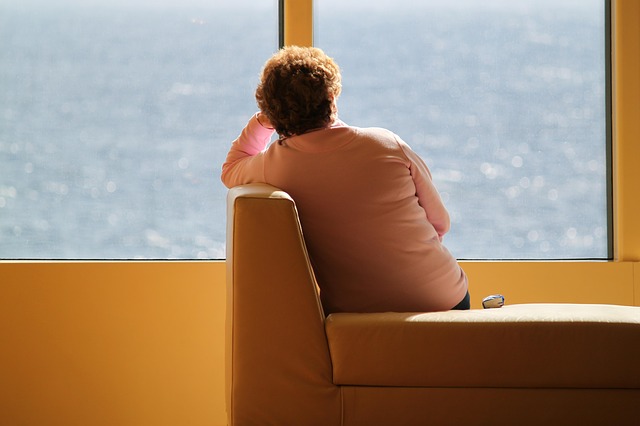Pandemics are not new to the world, neither is social distancing. In recent history, the deadly spell of the Spanish Flu starting from 1918 and ending in 1920; claimed the lives of 50 million people and infected 500 million people worldwide. Social distancing and public health interventions proved to be the most effective strategies to contain the spread of the disease back then as they do now.
It is disconcerting to witness deserted public spaces that were otherwise nearly always crowded. But no matter how strange we may feel watching the world grind to a stop in the wake of the Coronavirus Pandemic, it is important to realize that social distancing is crucial to save lives.
Nevertheless self-isolation can have serious implications on our mental wellbeing. Research conducted on individuals sentenced to solitary confinement and astronauts training for life in space shed some light on the ill consequences of social isolation. Cardiovascular disease, dementia, anxiety, depression and an increased risk of mortality are some of the problems that social distancing entails.
Those more vulnerable to experience the ill effects of social distancing include the elderly, hearing impaired, those suffering from a chronic illness and those grieving the death of loved ones. In addition to that, the extroverts among us who thrived on social interactions are more likely to experience frustration, lethargy and anger.
Some coping strategies to help us get by these difficult times include the following:
1. Limit Exposure To The News
While it is important to keep updated on news regarding COVID-19, experts recommend balancing the time spent keep tracking of the news with healthy activities such as listening to music, reading a book or completing that cross word puzzle. Obsessively watching the news about the virus can lead to increased stress, fear, and anxiety. So keep news articles and social media exposure to a minimum.
2. Add Structure And Predictability To Your Routine
It is safe to assume that most of the stress in these circumstances is due to an ever growing sense of uncertainty. The unpredictability of how the crises will play out on the global scale and its impact on the economy. So it is beneficial to add structure and predictability to our daily lives to make us feel in charge and get rid of those feelings of helplessness. Following a simple routine where we allot time to those activities that are sure to reinvigorate us can help increase morale and minimize depression.
3. Exercise And Healthy Eating
This is the best time to shed those pounds. So dedicate a few hours each day for a heart pumping work out. Make a conscious effort to eat healthy foods packed with vitamins and nutrients that will not only boost your immunity but also lighten up your mood as well. And make sure to catch up on your sleep which you might have been missing out on before owing to a hectic lifestyle.
4. Stay Connected
Make sure to stay in touch with family and friends through phone calls, video chats, text messages and social media. You will instantly feel better knowing you are not in this alone and you have people looking out for you. Check up on someone elderly in your neighborhood by giving them a call and see if they need anything.
It is in our innate nature to seek social interactions with others, and no doubt self distancing feels completely unnatural. But it is important to adapt ourselves to our new lifestyles at least for the time being. At the end of the day, it is a small price to pay to protect the most vulnerable among us who may succumb to the deadly virus.
Mankind has treaded this path before, so there is hope we will succeed once more.


